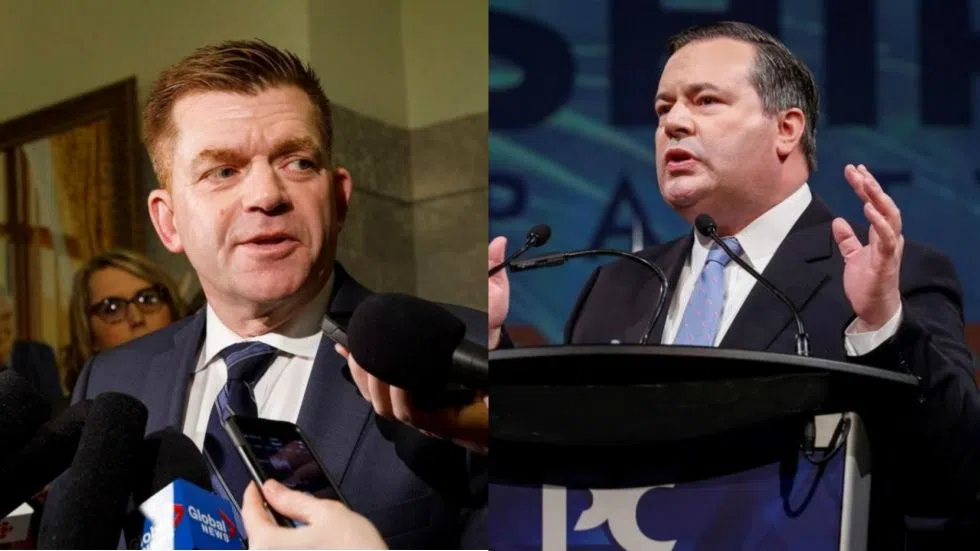
Alberta’s new United Conservative Party – in a nutshell, moderate, and reasonably centrist: Faron Ellis
LETHBRIDGE – The Wildrose-Conservative announcement on Thursday (May 18) of a signed agreement to unite the two parties gets a positive nod from a local Political Scientist, who’s been bombarded by media for insight on the document.
Dr. Faron Ellis, Research Chair at the Citizens Society Research Lab at the Lethbridge College says, “So far, they’ve been very successful, given the constrained time lines they’re working with.”
But, he notes it is one step in an intricate process.
“It was about a year ago when Jason Kenney announced his quest for the PC leadership and immediately, people were saying there wasn’t enough time but, if you build enough momentum early, then these things have a way of taking on their own momentum, and you get to the deadlines one way or the other.”


